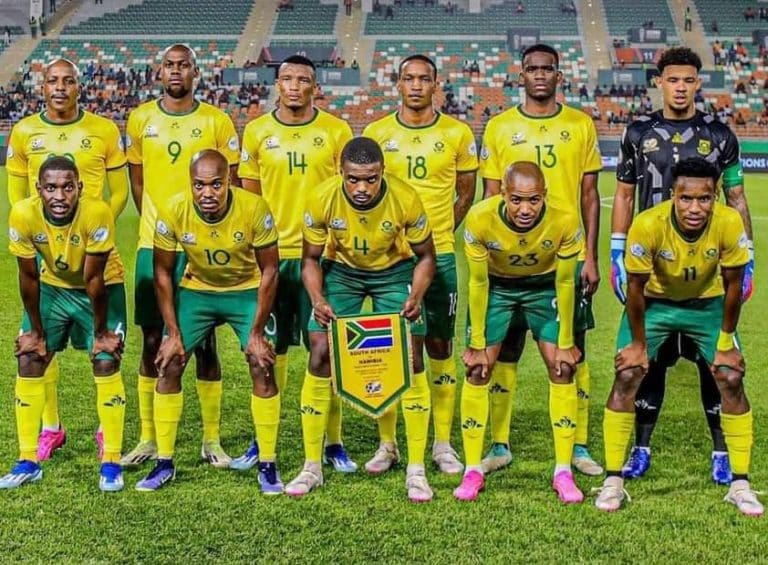Tanzania hosts inaugural Africa Women’s Cup in Arusha.
Eight nations participate, promoting women’s football and empowerment.
Tournament includes education on gender-based violence and vocational training.
Event aims for long-term impact and social change.
Tanzania is poised to become a significant hub for women’s football in Africa with the upcoming eight-team Africa Women’s Cup, organized by the Homeless World Cup Foundation. Scheduled for June 29th and 30th in Arusha, this groundbreaking event will not only showcase the continent’s football talent but also promote empowerment and education for young women.
A Historic Event in Arusha
The tournament, set to be held at the Arusha International Conference Centre (AICC) in the Kijenge area, will feature teams from Tanzania, Kenya, Malawi, South Africa, Namibia, Uganda, Zambia, and Zimbabwe. The Future Stars Football Academy (FSA) is at the forefront of coordinating this event. Alfred Itaeli, Founder and Director of FSA, expressed his enthusiasm:
“Arusha, Tanzania will become the beacon of hope as eight nations come together for the first-ever Africa Women’s Cup. From June 29th to 30th, 2024, the power of football transcends borders, uniting young women in a journey of empowerment, education, and mentorship.”
Empowerment Beyond the Pitch
The Africa Women’s Cup is not just about football; it is a multifaceted initiative aimed at fostering development and empowerment. Peter Tito, Marketing Manager for Future Stars, highlighted the broader objectives of the event:
“We will be welcoming eight nations, each bringing women’s soccer teams to Tanzania. This tournament, coordinated with our partners in Scotland, the Homeless World Cup Foundation, is part of a larger initiative announced with the FIFA Foundation.”
This partnership underscores a commitment to growing the women’s game globally and particularly in Africa. The tournament aims to empower women through football, providing a platform for education and personal development.
Education and Vocational Training
A key component of the Africa Women’s Cup is the emphasis on education and vocational training. Participants will benefit from programs designed to raise awareness about gender-based violence and offer tools for prevention and protection from exploitation. These educational initiatives are integral to the tournament’s mission to empower women both on and off the pitch.
Through workshops and training sessions, the young women will be guided towards economic empowerment. Vocational training will provide them with skills that can help secure better livelihoods, thus addressing broader issues of poverty and inequality.
Uniting Nations Through Sport
The Africa Women’s Cup will not only spotlight the athletic prowess of the participating teams but also foster unity and camaraderie among the nations involved. This event represents a significant step in promoting gender equality in sports within the African continent.
By bringing together teams from diverse backgrounds, the tournament aims to create a network of support and solidarity among young women athletes. The interaction between players from different countries will encourage the exchange of ideas and experiences, further enriching the participants’ lives.
A Legacy of Empowerment
The inaugural Africa Women’s Cup in Arusha is expected to leave a lasting impact. Beyond the immediate excitement of the matches, the event will set a precedent for future initiatives aimed at empowering women through sports. The Homeless World Cup Foundation and the FIFA Foundation’s collaboration reflects a sustained effort to use football as a tool for social change.
Importance of the Tournament
Empowerment Through Education and Training: The tournament provides participants with education on gender-based violence and vocational training, aiming to empower women both on and off the pitch.
Promoting Gender Equality in Sports: By featuring teams from eight nations, the tournament promotes gender equality and encourages the growth of women’s football in Africa.
Fostering Unity and Development: The event fosters unity among participating countries and supports the development of young women athletes, creating a network of support and solidarity.





